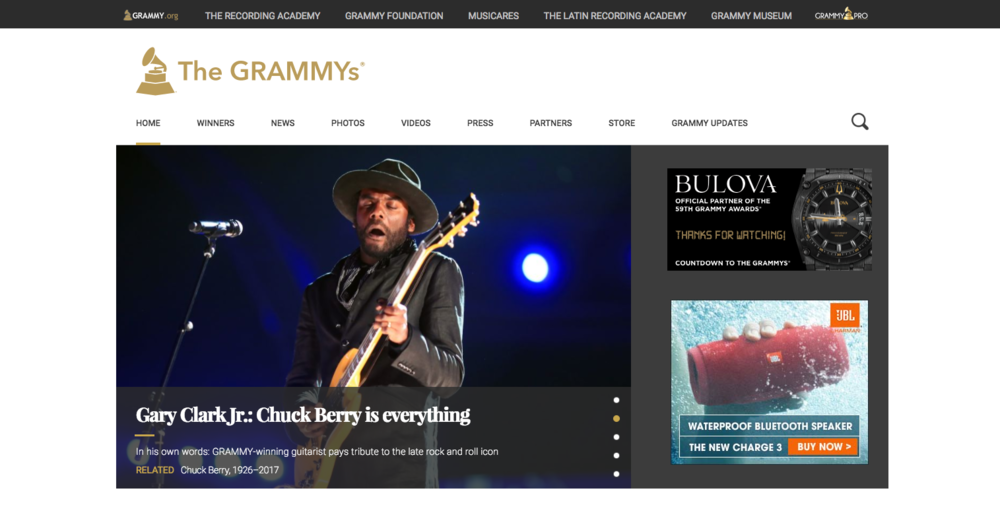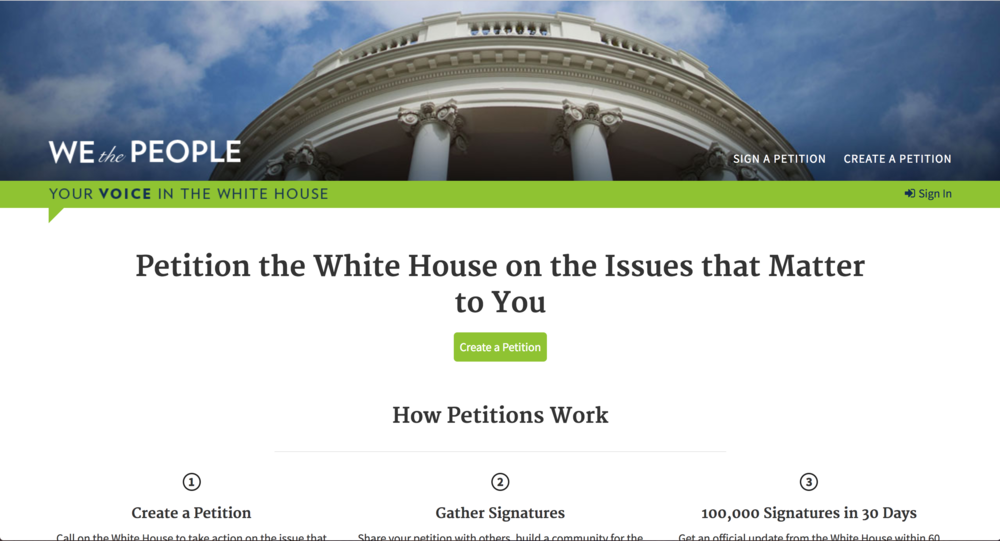Drupal has many unique benefits. Drupal is capable of building a website that is powerful, dynamic, scalable, flexible, and cost effective, all while being stable and reliable. How can Drupal benefit your specific industry?
We’ve already established that Drupal has many unique benefits. Drupal is capable of building a website that is powerful, dynamic, scalable, flexible, and cost effective, all while being stable and reliable.
But how can Drupal benefit your specific industry? Because Drupal is a content management system that wears several hats at once and can be customized for any space or industry.
Media and Entertainment

What do some of the world’s biggest entertainment websites such as Weather.com, MSNBC, Fox, Grammys, the Warner Music Group, and Lady Gaga’s website have in common? Many of them were built using Drupal.
Media and entertainment sites built on Drupal take advantage of integration with sites like SoundCloud, YouTube, and Vimeo. Drupal is wonderful for the media and entertainment industry because of its scalability, it's highly configurable publisher workflows, and its ability to organize and manage huge amounts of user generated content.
Sites like The Economist chose Drupal because it allowed their editorial teams to upload stories areas of the site managed and controlled by them.
Government

Approximately 37% of government websites use Drupal because it's flexible and competitive. The White House and the U.S. Department of Energy use Drupal, as do smaller, state-run government pages.
According to the Drupal website, over 150 countries use Drupal platforms for government / intergovernmental organizations.
In the case of the U.S. Department of Energy’s main site, Energy.gov, one of Drupal’s main features was consolidation. Drupal was used to reframe and consolidate over 100 agency pages into one powerful website.
Another main key of Energy.gov’s Drupal usage was that all sub-agencies could share key pieces of content.
Education

Education is arguably one of the industries that has fostered the widest acceptance of Drupal for their websites. According to Acquia, 26% of all ".edu" websites and 71% of the top 100 Universities run on Drupal.
Why is Drupal is great for education? The answer is pretty simple. Besides offering enterprise like security and features, Drupal is perfectly suited for the multi-role and fractured organizational structure of higher education insitutions.
Drupal allows schools to easily segment off responsability, content maintenance, and even design of individual department or school pages/sub-sites with different needs, while maintaining one integrated installation for system administrators.
Tourism and Travel

Several of the world’s best travel websites use Drupal, among them the UK’s Gatwick Airport, Tourism Fiji… even the website for the historical Roman Baths! Drupal works wonderfully with the tourism and travel industry because this content management system all but begs you to step through the high resolution photographs to experience your next travel destination.
When developers use Drupal to build travel sites, it’s often because of Drupal’s adaptability. For example, a scheduling app can be built into Drupal, as can a payment app or accommodation search.
The tourism and travel industry benefits greatly from Drupal because of the ease with which content can be created and easily updated by operators, the ability to integrate with other applications, or to create custom modules, to name a few.
For example, the Roman Bath website used, among other Drupal aspects, a Feeds module to move key website events between a “family” of six websites that included The Victoria Art Gallery and the Fashion Museum.
Real Estate

Drupal allows real estate agents to easily integrate their Multiple Listing Service (MLS) feed directly into his or her own website. For example, AgentBeat.com is a web application that enables real estate agents and brokers to easily launch robust MLS integrated websites in a few minutes.
Thanks to the Drupal framework, Agent Beat can easily launch real estate websites with more than half a million pages that easily integrate with Instagram, SalesForce, Google Analytics, YouTube, MailChimp, Twitter, and more.
Blog Art Credit: Freepik


